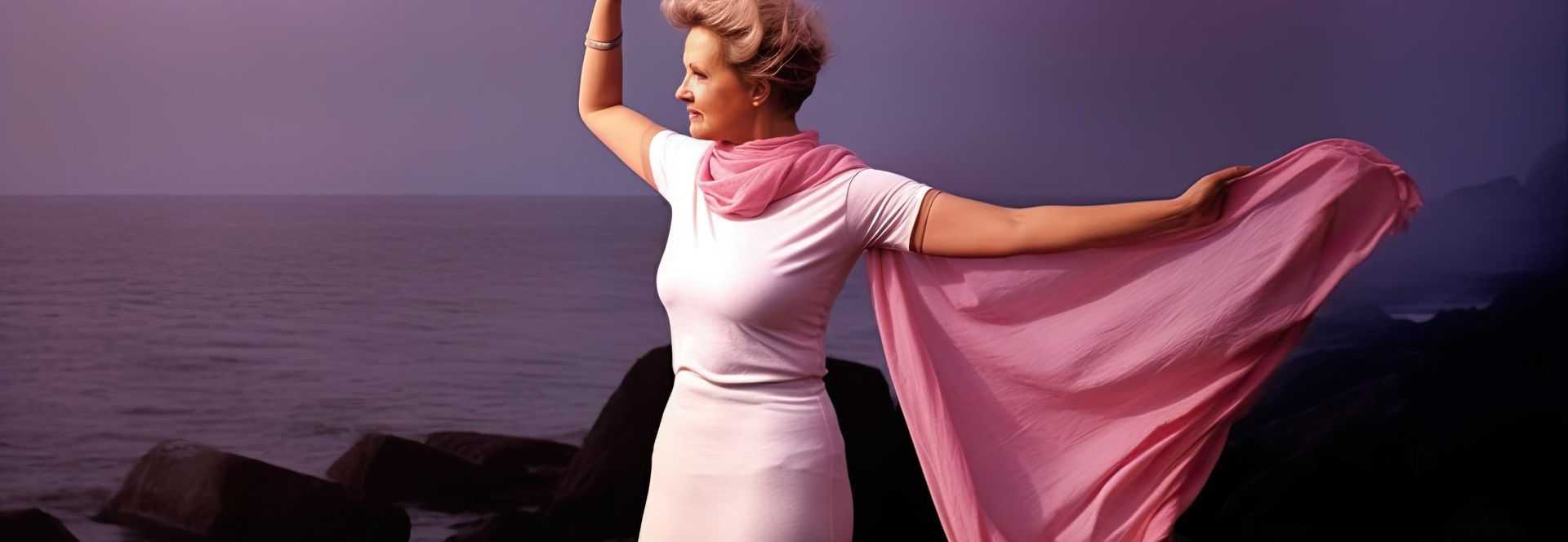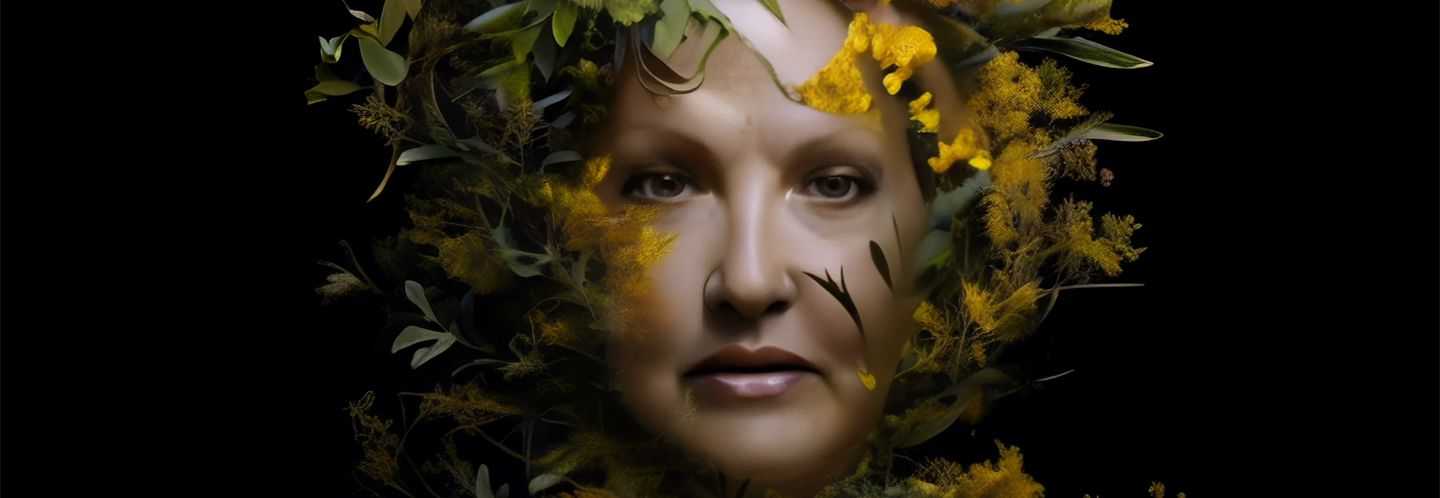
Open the deadline to vote for the Galician candidacy in the AI Song Contest 2023
CiTIUS participates in this competition, known as the 'Eurovision' of Artificial Intelligence
- The public, which accounts for 50% of the final result, can vote for Galicia's proposal free of charge from 15 to 30 October at: http://votaanakiro.com.
- 10 teams are competing for the prize, in which countries such as Canada, Germany, India, the Netherlands, Portugal, Spain, Sweden, the United Kingdom and the United States are taking part.
- A professional jury and the international televote will decide the winner of the AI Song Contest 2023 on 4 November at Studio Follow in A Coruña.
After a month of deliberation, the panel of experts of the AI Song Contest has chosen the 9 finalist songs that will join Galicia in the Grand Final on 4 November in A Coruña. The Galician candidacy will compete against a dozen countries such as Germany, Canada, Spain, United States, India, Netherlands, Portugal, United Kingdom and Sweden. "Florespiña" is the theme promoted by the PAMP! team, which recovers the famous singer, presenter and actress Ana Kiro with the AI, and has the collaboration of the Singular Centre for Research in Intelligent Technologies (CiTIUS) of the University of Santiago de Compostela (USC). The initiative is led by creative director Joel Cava, head of the Galician delegation and executive producer of the 2023 edition of the festival.
Until 30 October, the public can vote for their favourite entry free of charge on the competition's official website. In September, the competition received more than 100 entries, of which 35 were shortlisted in a first evaluation phase. The professional jury has now chosen the 10 best options that will try to win the title of the best song created with artificial intelligence. In addition to the popular award - the novelty this year - the overall winner will be decided by the combination of the points of 50% of the televote and 50% of the specialists, and will be announced in the live TV show that will take place in Studio Follow (A Coruña), where Galician culture will be very present. Tickets for the gala are on sale through the Ticket Hoy platform from 8 euros, in addition to the academic conference at the ICT City.
"Florespiña" pays tribute to Ana Kiro with a musical journey from the past to the future of the performer, passing through verbena, traditional music, trap and electronic music, with the aim of immortalising and re-signifying her legacy for new generations, using artificial intelligence in a respectful way. The work has the express approval and recognition of the family. María Dolores Casanova González (1942-2010) was a woman ahead of her time: feminist, Galician and progressive, an example of resilience that is personified in the image of the toxo flower, which grows in the most inhospitable places and symbolises the resistance of the Galician people, who always knew how to overcome adversity. The song can be heard on the main online platforms, and has already surpassed 7,000 reproductions since its release.
Those responsible for this pioneering initiative are called "Ana María Prieto", a research project as a tribute to the first Galician female computer programmer. The group is formed by Juan Alonso, Javi Cardama (CiTIUS), César Díaz (CiTIUS), Fernando Estévez (CiTIUS), Camille Hedouin (Mounqup), Sofía Infante, Ruben Laso (CiTIUS), Eva Colina, Xandre Colina, David Santos and Marta Verde, coordinated by Joel Cava, and all of them consider artificial intelligence only as a collaborative and complementary tool to the musical work, never as a substitute for people, where they are the only decision-makers and supervisors of the creative process, and always following an ethical, responsible and transparent use to promote the language and culture of Galicia.
Music video: Thorny Flower - Galicia - PAMP! ft Ana Kiro - AI Song Contest 2023
Creative process
The composition process began last April at the Sony CSL Paris artistic residency, where the runners-up in the 2022 edition of the competition tested the record company's artificial intelligence tools and wrote the lyrics of the song, making the GPT-J-6B model learn to speak Galician and compose verses based on a contribution of more than 400 verses from the Volai-ve digital songbook, with the alecrin as the storyline. The machine generated the texts, and it was only necessary to correct some mistakes and adapt some phrases, respecting the results of the computer. As for the melody, Google Magenta was used to generate different rhythmic variations of "Viva Galicia" - one of Ana Kiro's most played hits - which were used for each verse.
Regarding the music, instruments such as bagpipes, accordion, tambourine and bass drum were recorded in their natural state, which were processed by the DDSP system, achieving an artificial musicality following the previously defined melodic line, and adding a double bass extracted with AI. For the ambient noises, the algorithm that converts the text into AudioLDM sound was used, providing the computer with references to the lyrics without conditioning them excessively, and selecting the best results from among more than a hundred ideas obtained. The Daw WavTool code was used for harmonisation, and the production was arranged and mastered with the artificial solutions offered by the tools Logic Pro, Ableton and Izotope Ozone AI/AI RX 10.
For the generation of the voice synthesis, two timbral transfer models of Ana Kiro, spoken and sung voice, were trained, given the differences in vocal register, thanks to SoftVC VITS Singing Voice Convertion. The process started with an exhaustive work of several weeks, with the phases of documentation, filtering, cleaning and processing of the contents provided by the Galician Radio and Television Corporation (CRTVG), specifically, audio and video of the programmes and specials presented by Ana Kiro, in which the singer took part and performed. In this way, with an input recording of any person, the algorithm was able to create an audio clip with a voice very close to that of the artist, which was punctually corrected with Autotune for the composition.
Finally, the video clip was made with the Midjourney artificial art application, which produces static images by writing textual or visual indications, producing different resources, capture by capture, to which movement was subsequently applied with RunwAI Gen-2, Pika Labs and Leiapix. The result is a journey through deep Galicia with the toxo, its flower and its own folklore as protagonists, as well as recovering Ana Kiro's classic covers and iconography using InsightFaceSwap, and recreating an imaginary performance in Eurovision, a festival in which the artist from Arzúa was about to participate in 1969 representing Spain and Radiotelevisión Española (RTVE), competing for the title with the Catalan Salomé and "Vivo cantando", the eventual winner.
